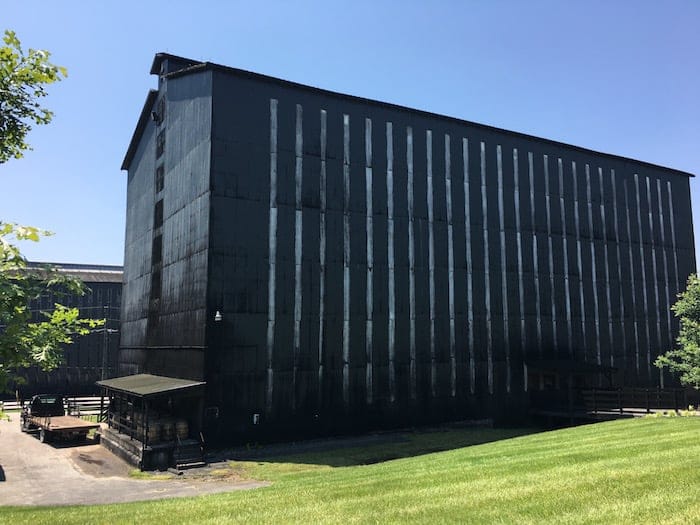Beam Suntory, looking to have something of a more sustainable footprint with its Kentucky bourbon operations, announced recently it will invest more than $400 million to expand production at its Booker Noe distillery in Boston, KY, which produces Jim Beam. This expansion will increase capacity by 50%, while reducing the distillery’s greenhouse gas emissions by the same percentage, through the use of anaerobic digestors that will produce renewable natural gas to power the facility.
Partnering with 3 Rivers Energy Partners on the project, a facility will be built cross the street to convert spent stillage into biogas which will be treated to renewable natural gas standards and piped directly back to the Booker Noe facility. The digestors will also produce a high-quality, low-cost fertilizer, which will be made available to local farmers, thereby supporting sustainable and regenerative agricultural practices.
Upon project completion, which is expected in 2024, the Booker Noe distillery, it is said, will be 65% powered by renewable natural gas, and 35% by fossil-based natural gas.

“We are committed to making a difference by investing in cleaner technologies and systems, and the expansion and significant reduction in greenhouse gas emissions from this project does just that with our biggest brand,” said Beam Suntory President and CEO Albert Baladi, in a prepared statement. “This expansion will help ensure we meet future demand for our iconic bourbon in a sustainable way that supports the environment and the local community that has helped build and support Jim Beam.”
In addition to capacity expansion, the investment includes land, warehouses, and 51 new local jobs. Further, this project allows the distillery to invest in high-efficiency gas boilers to make maximum use of renewable natural gas, use scrubbing technology to remove carbon dioxide from fermentation tanks, and following a purification process, facilitate the beneficial reuse of more than 100,000 metric tons of high-purity carbon dioxide annually.



